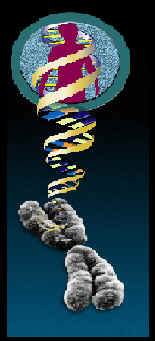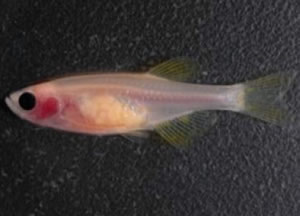A Short History of Cell Biology
Our journey to understanding that single cells are the fundamental units of life traces back to groundbreaking scientific milestones, such as the invention of the microscope, which revealed individual cells, and advancements like the discovery of fluorescent proteins and electron microscopes that have enriched our insights into the intricate structure and function of cells. Dive into a short history of cell biology.












